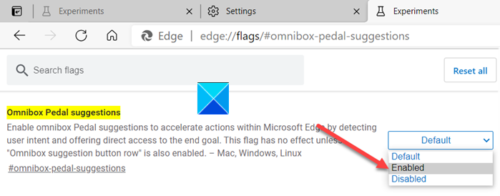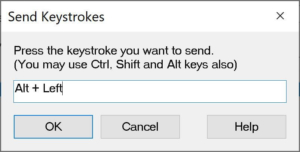

You can delete your browsing history information. You can manage this information in several ways: Personal information and passwords, to help you fill out forms or sign in to sites you visit.Ī list of permissions that you have granted to websites.Ĭookies or data from websites that you visit.Ī record of what you downloaded from websites. For example, Chrome stores the URLs of pages that you visit, a cache of text, images and other resources from those pages, and, if the network actions prediction feature is turned on, a list of some of the IP addresses linked from those pages. This information might include:īrowsing history information. The basic browser mode stores information locally on your system. Privacy practices are different depending on the mode that you're using. You don't need to provide any personal information to use Chrome, but Chrome has different modes that you can use to change or improve your browsing experience. Privacy practices of using apps, extensions, themes, services, and other add-ons This Privacy Notice applies to all versions of Chrome, but might not be up-to-date for features still under development.įor step-by-step guides to managing your privacy preferences, read this overview of Chrome's privacy controls. "Beta," "Dev," or "Canary" versions of Chrome let you test new features still being created in Chrome. We change this Privacy Notice from time to time. If there are differences in our policy between products, we'll point them out. In this Privacy Notice, we use the term "Chrome" to refer to all the products in the Chrome family listed above. Details specific to Chrome are provided in this Notice where relevant.
#Now sends address bar keystrokes to android#
If Google Play apps have been enabled on your Chromebook, the use and protection of information collected by Google Play or the Android operating system is governed by the Google Play Terms of Service and Google Privacy Policy. Google’s retention policy describes how and why Google retains data. Although this policy describes features that are specific to Chrome, any personal information that is provided to Google or stored in your Google Account will be used and protected in accordance with the Google Privacy Policy, as changed from time to time.
#Now sends address bar keystrokes to how to#
Mozilla’s blog post on the subject says Firefox Suggest is an “opt-in experience,” which was the case in September 2021-but it’s now enabled by default in Firefox 93.Learn how to control the information that's collected, stored, and shared when you use the Google Chrome browser on your computer or mobile device, ChromeOS, and when you enable Safe Browsing in Chrome. Some of them are sponsored ads, but you can disable the ads.įirefox Suggest is on by default. You’ll also see “Firefox Suggest” results pointing to web pages.

In reality, what that means is, when you start typing in your address bar, you won’t just see the standard search suggestions from Google or your current search default engine. As part of Firefox Suggest, Firefox is getting ads in your search bar-but that’s not the only thing that will be news to longtime Firefox users.Īccording to Mozilla, “Firefox Suggest acts as a trustworthy guide to the better web, surfacing relevant information and sites to help people accomplish their goals.”

This change was made as part of the introduction of Firefox Suggest in Firefox 93, released on October 5, 2021. Here’s exactly what Firefox is sharing and how to control it. To power Firefox Suggest, Firefox sends the keystrokes you type into your address bar, your location information, and more to Mozilla’s servers. Firefox now sends more data than you might think to Mozilla.


 0 kommentar(er)
0 kommentar(er)
